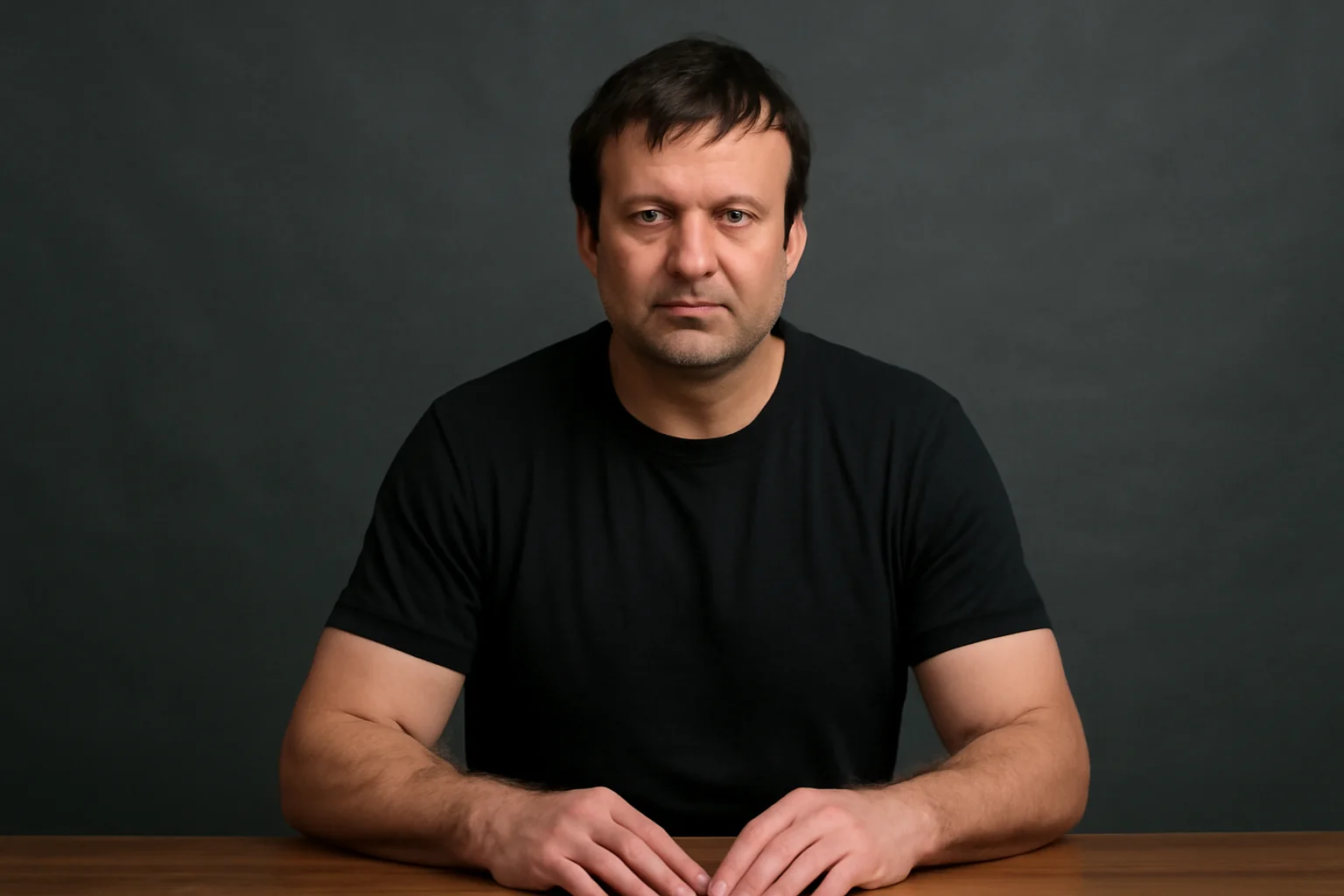Lucian Grainge Net Worth and Wealth as UMG’s CEO
Lucian Grainge Net Worth and Wealth: How Rich Is The CEO of Universal Music Group?
If you’re a fan of music, chances are you’ve heard the hit songs of artists like Taylor Swift, Drake, Ariana Grande, or Billie Eilish. But have you ever wondered who’s behind the scenes pulling the strings in the music industry. Let’s talk about Lucian Grainge Net Worth
Who Is Lucian Grainge?
Lucian Grainge is a British music executive who has spent his entire career in the industry. Born in London in 1960, he started as a talent scout and worked his way up. Over the years, he signed and helped develop a long list of music legends — think Elton John, Rihanna, and Lady Gaga, just to name a few.
In 2011, he became the Chairman and CEO of Universal Music Group. Since then, his influence has only grown. He transformed UMG into the global music giant it is today. And yes, he’s made a lot of money doing it.
What Is Lucian Grainge’s Net Worth in 2024?
As of 2024, Lucian Grainge net worth is estimated to be a massive $250 million. That puts him among the richest executives not just in music, but in the entire entertainment industry.
Here’s a quick breakdown of how that wealth stacks up:
- Annual salary: Between $48 million and $150 million (depending on bonuses and stock)
- Stocks and shares in UMG: Worth tens of millions
- Real estate: Owns luxury properties in London and Los Angeles
That’s some serious wealth, but it didn’t happen overnight. So, how did he get here?
How Did Lucian Grainge Build His Wealth?
Lucian didn’t inherit this fortune. He built it from the ground up through decades of smart business decisions and a deep love for music.
Here are the key ways he made his money:
1. Climbing the Ranks at Universal Music Group
Grainge started working at UMG’s UK offices in 1986. Over time, he rose through the ranks, eventually taking over as CEO worldwide. The higher he climbed, the more significant his compensation became.
2. Signing Superstar Artists
He played a crucial role in bringing major artists to UMG. The success of these stars brings in billions in streaming, licensing, and merchandise, and Grainge earns bonuses based on that success.
3. Leading UMG’s Digital Transformation
When the music industry was struggling with piracy and digital disruption, Grainge didn’t panic;c he adapted. He embraced streaming platforms like Spotify and Apple Music before many others did. That decision paid off big time.
4. Going Public on the Stock Market
In 2021, Universal Music Group went public. When that happened, Lucian Grainge Net Worth earned a huge payday of over $100 million in bonuses and stock. That event was a massive turning point for his wealth.
How Much Does Lucian Grainge Make Per Year?
Grainge’s annual compensation varies depending on company performance, but it’s incredibly high. In 2021 alone, when UMG went public, he pocketed more than $150 million.
Even in a regular year, Lucian Grainge Net Worth earns an estimated $48–60 million. Let’s put that into perspective:
- $1 million per week — That’s over $142,000 a day!
- A big chunk of his income comes from performance bonuses
- He also receives stock-based compensation, which grows as UMG’s value increases
It’s safe to say he’s not clipping coupons or flying coach.
What Does Lucian Grainge Spend His Money On?
Like many wealthy business executives, Grainge invests in real estate and enjoys life’s finer things. He owns several properties, including:
- A mansion in Beverly Hills — Close to Hollywood’s elite
- A luxury flat in London — A nod to his UK roots
He’s also been spotted driving high-end cars and attending exclusive events. But to his credit, he tends to keep a fairly low profile when it comes to his personal life.
Why Is Lucian Grainge So Influential in Music?
In today’s world, music executives aren’t usually celebrities. But Lucian Grainge is different. His decisions affect what music the world hears. He helps shape trends and build artists’ careers behind the scenes.
Think of him as the “coach behind the team” you may not see him perform, but he’s helping to make the magic happen.
Even artists and other CEOs respect him.
- Billboard’s #1 ‘Power 100’ executive multiple times
- Knighted by Queen Elizabeth II for his services to music
Final Thoughts: Is Lucian Grainge the Most Powerful Man in Music?
With a net worth of $250 million, a career filled with achievements, and a knack for spotting and shaping superstar talent, Lucian Grainge is more than just rich, he’s one of the most influential figures in modern music.
He’s living proof that success doesn’t always come from being on stage. Sometimes, the biggest players in the entertainment world are the ones working behind the scenes, signing talent, closing massive deals, and reimagining the future of music.
